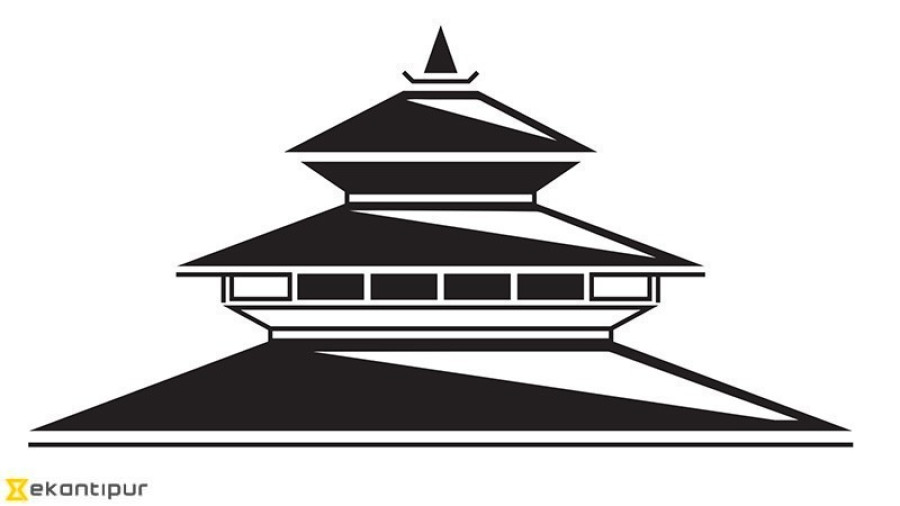Editorial
Universal health coverage
Introducing Social Health Security Act is laudable but govt should beware pitfalls
Health Minister Gagan Thapa has said he would table the draft of the bill on universal health coverage in Parliament within a month. This is a welcome step. Passage of the bill would make it mandatory for all Nepalis to purchase a health insurance scheme, which can be used to seek medical treatment free of cost or at a lower cost.
Universal health coverage schemes have been introduced by many governments across the world to provide access to quality health care services to all their people, including the poor and the marginalised. These schemes help countries to keep their people healthy, and, in turn, make them economically productive. Unsurprisingly, health insurance is often seen as an important tool to promote sustainable economic development, alleviate poverty and reduce social inequities.
Assurance of quality health care service by the state at a low cost can also lay the groundwork to promote entrepreneurship. Many fresh graduates in Nepal choose salaried jobs over entrepreneurship largely because of the fear of not being able to save enough in their prime working age if their businesses fail.
People all over the world are programmed to save for rainy days. In countries with poor state assistance in health care management, the mental burden to save for prolonged or serious illnesses is acute. Such pressure can take a toll, including in the young population. So the initiative taken by the minister to introduce the Social Health Security Act, despite huge odds, is commendable.
That said, there are pitfalls. The Social Health Security Programme (Operating) Regulations, 2015 says the government will waive Rs2,500 in insurance premium for households identified as extremely poor. Also, discounts of 75 percent on premium for “poor” households and 50 percent for “marginally poor” households have been offered.
But households have not been divided into these categories yet. This fiscal year’s budget has said that ‘state security identity cards’ would be provided to those living under the poverty line in 25 selected districts within 2016-17 and to the rest within 2017-18. But successive governments have been saying this for the last few years, and there is nothing much to show in terms of results.
For starters, households should be categorised at the earliest to ensure that the subsidy extended by the government on insurance premium is not misused. The scheme on universal health coverage runs smoothly only if healthy and young people enrol, because they will offset the costs of health care for the unhealthy and the ageing population. But if these youngsters find out that subsidy is also being extended to those who are not eligible, they may shun the scheme.
The government should also ensure there is no duplication in health insurance programmes, as the Ministry of Labour and Employment, through the Social Security Fund, is mulling over introducing a similar scheme for those working in both formal and informal sectors.
It would be wise for both the health and the labour ministries to work together, as doing so would save cost and help create an effective and efficient health insurance service delivery mechanism.




 24.12°C Kathmandu
24.12°C Kathmandu














